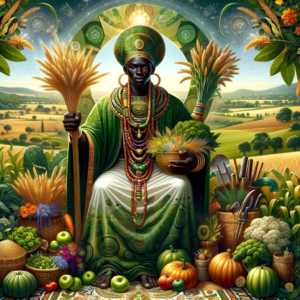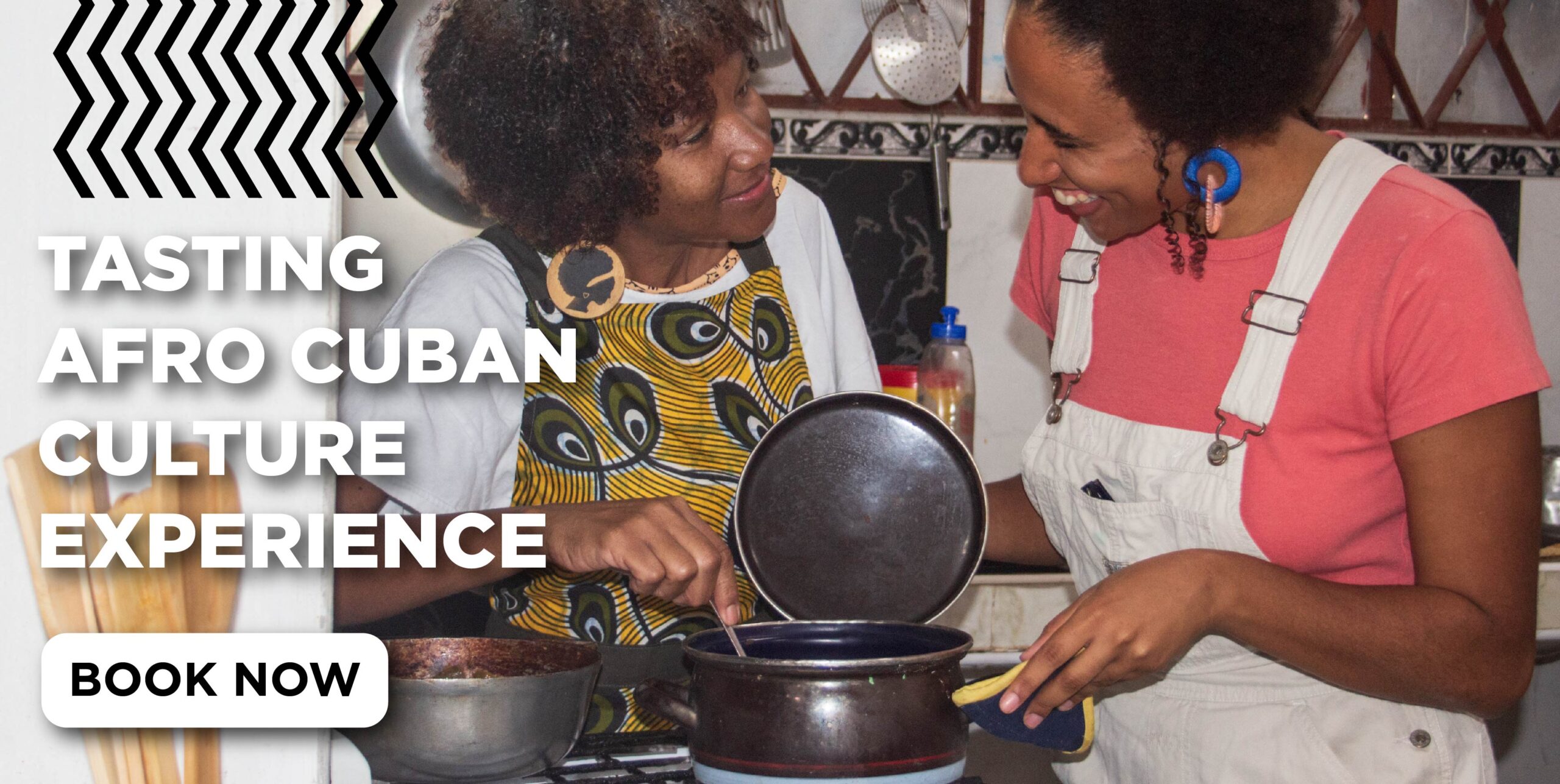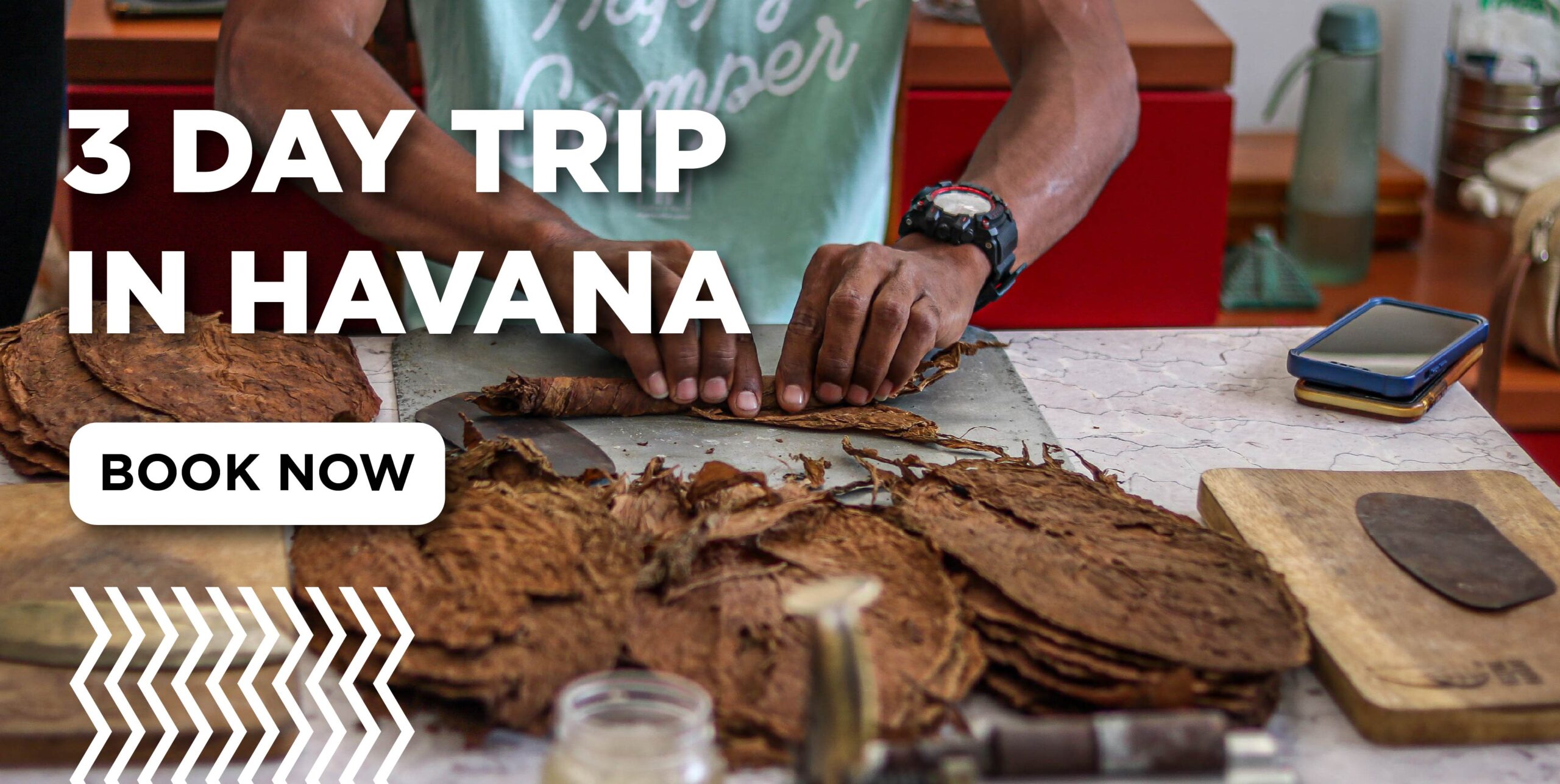
Orisha Oko: The Agricultural Guardian and Provider of Prosperity in Yoruba Spirituality
In the rich tapestry of Yoruba spirituality, Orisha Oko emerges as a vital and revered deity, embodying the essence of agriculture, fertility, and the bountiful harvest. Often depicted as a farmer with agricultural tools, Orisha Oko holds a significant place in Yoruba cosmology, symbolizing the sustenance and prosperity derived from the earth.





